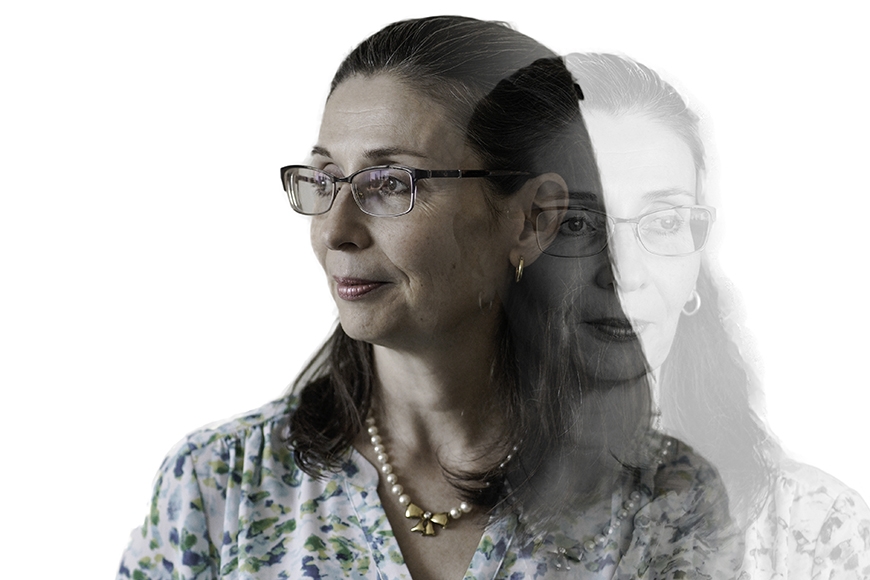Why the Net Is Important
Mariacristina De Nardi (Thomas Sargent Professor in Economics) is a sought-after expert on her area of research that explores wealth inequality, savings after retirement, the economic impact of life expectancy and medical expenses, and the economics of health and household structure. Formerly a senior economist and research advisor in the research department at the Federal Reserve Bank of Chicago and a professor at University College London, De Nardi came to the Federal Reserve Bank of Minneapolis in 2018 and to the University of Minnesota in 2019.
Success means better understanding the problems that we face as a society, why they are there, and what we can do to make things better. We have made a lot of progress in understanding the general principles of the trade-offs between helping people and households and providing them with the right incentives to invest in themselves, save, work, and improve their lives. But there is still much that we need to examine, for instance, about how families (rather than individuals) lead to the outcomes that we observe, including the participation of women in the workplace, starting from their reproductive years and beyond.
Success means better understanding these decisions and designing policy reforms that better take these mechanisms into account. For example, in my research, I find that the current structure of taxes and old-age Social Security greatly discourage married women from working and households from saving. Success would be discussing these aspects more and deciding whether we are aware of these magnitudes as a society and whether we want to change these incentives and how.
Because of funding I’ve received through the Thomas Sargent Professorship in Economics and the support of the Heller-Hurwicz Economics Institute, I have started working not only with graduate students but also with undergraduate research assistants. I already knew how good our graduate students are, but our undergraduates were a revelation for me. We have a lot of talent at all levels in CLA, including some truly stellar undergraduates who are crazy smart, incredibly hard-working, passionate, whose curiosity to learn is never sated, and who really want to improve our society. Seeing these qualities in such young people makes me very optimistic about the future.
What scares me is polarized discussions and not keeping in mind that we are all in this together. What scares me is not having a constructive attitude, not having an open and frank discussion, and focusing on labels rather than issues. Ultimately, focusing on issues rather than labels is what makes a discussion move on to solutions and improvement. We need to understand what went wrong, including during the financial crisis, or the pandemic, to avoid making the same mistakes in the future.
Individually, we have to keep doing research at the highest levels, we have to keep investing in the quality of our teaching, to make an effort to share the results of research both to policy-making and social media, and, very importantly, we need to keep investing in our undergraduate and graduate students.
Mariacristina De Nardi
